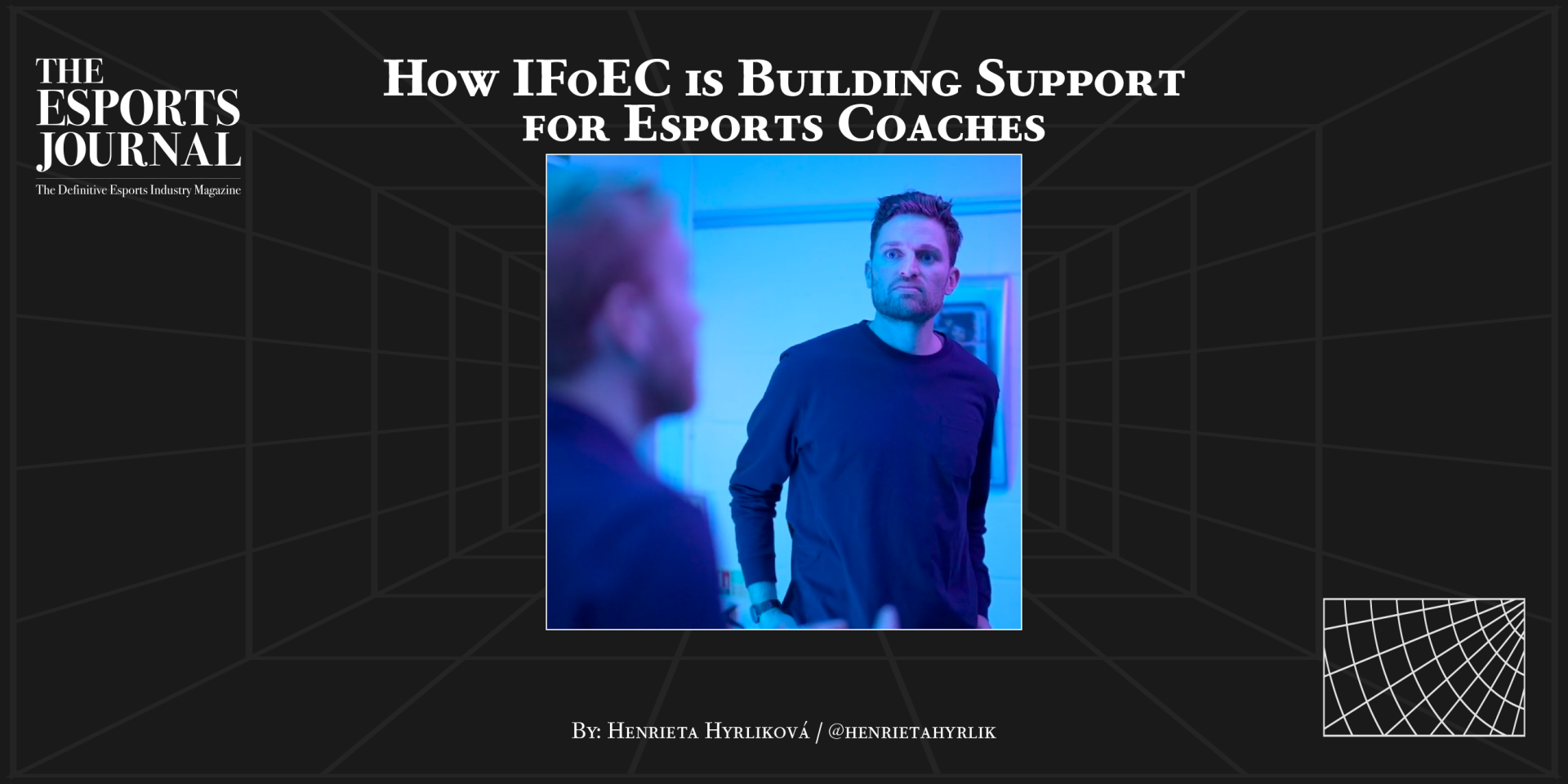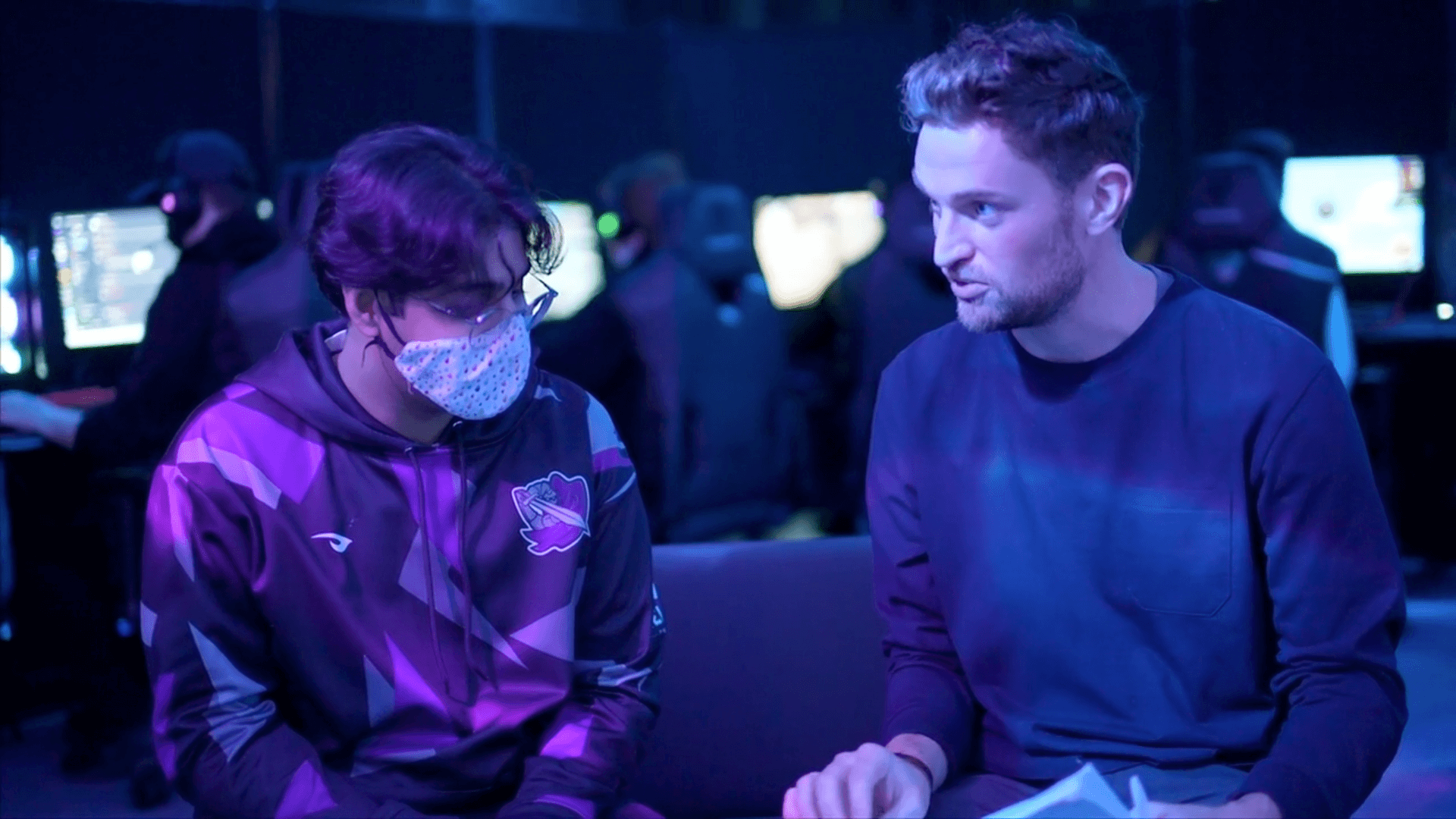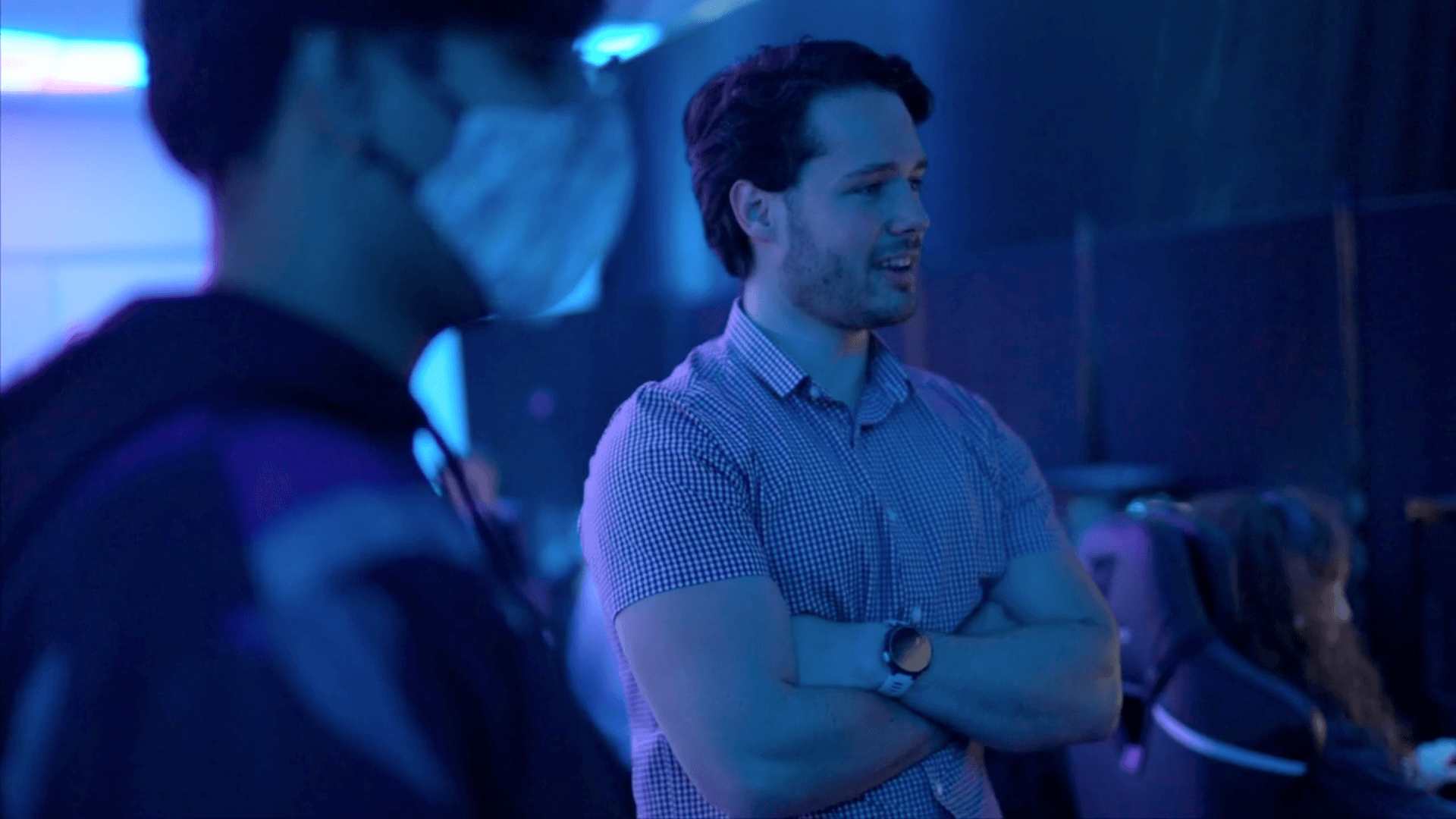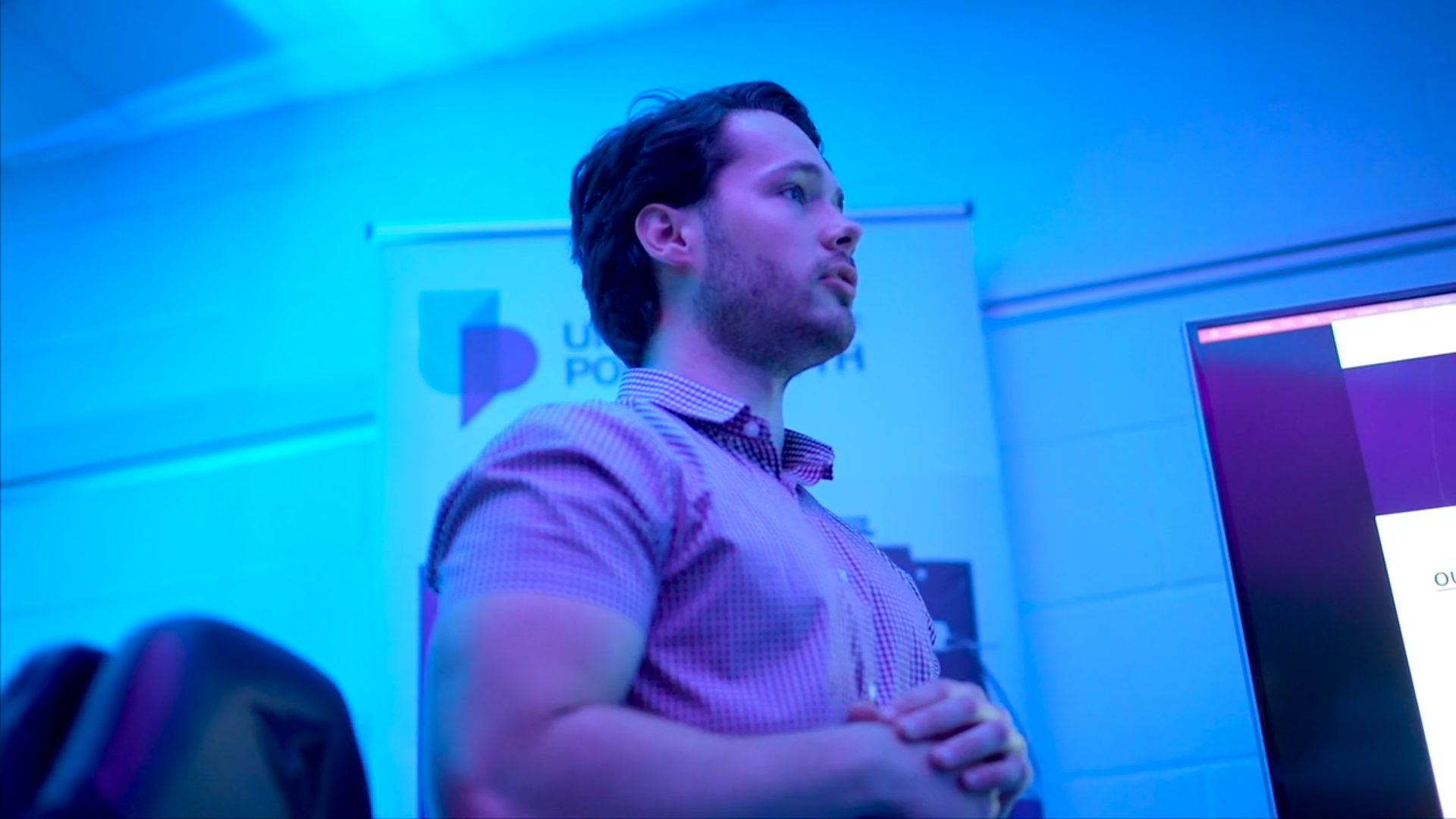
If a fresh high school graduate decides to pursue a career as an esports coach, at present, there seem to be two realistic pathways they can choose for a chance to land their dream position.
If they pick the path of higher education, they admittedly face another baffling decision of which university to choose. To date, the offerings of Western universities have been limited to either traditional sports coaching programmes, or esports programmes focusing mostly around the business and management side of the industry.
The other option is to chase a career as a professional esports athlete, getting good enough to advance to the role of the coach.
The vision
Despite esports growing up as an industry, esports coaching as a profession is still finding its feet. Whilst the industry seems to have a sufficiency of high-profile coaches, for aspiring coaches or players looking to transition into coaching, there aren’t many role models and mentors for this generation to look up to.
Filling that space has become the mission of IFoEC, the education partner of the International Federation of Esports Coaches, a global organisation focused on the support and professional development of esports coaches and support staff.
Founded in 2020 as a platform to promote safeguarding, coach education, and research in esports, IFoEC has been steadily growing a following and community of coaches from a range of levels and career stages. IFoEC’s ongoing work involves providing this community with access to high-quality training, peer support, and mentorship.
Simultaneously, such a community could help minimise the risk of abuse and exploitation to children, young people and vulnerable adults in esports. “At present, coaches in esports generally aren’t required to provide any verification in order to practice, at least not to the extent as in sport,” explained Matthew Watson, Director of Learning and Development at IFoEC, in an interview with The Esports Journal.
“Anyone can use the title and offer private or team coaching, yet we might not have any idea who they are, what their background is and what their intentions are. Given the concerns associated with internet and social media usage especially, we should have some measures in place to understand who is working as a coach and what their experiences and qualifications are.

“The tendency of professional coaches is not to reveal their methods to the world,” he continued. “That’s not a criticism of who’s at the top at present, it’s just that aspiring coaches have little to go on in order to understand and emulate the work of established coaches, and much of a coach’s work goes on behind closed doors.”
To develop the professional role of the coach in the esports industry — structure is another thing that IFoEC seeks to bring into esports coaching. Based on its research, getting a position as an esports coach often requires a good deal of social climbing rather than game knowledge or formal training.
According to Watson, a more structured approach towards career progression in esports coaching might bring some stability into the uncertain career pathway and even provide space to test the waters before dedicating years to land a coaching job.
Emphasising IFoEC’s intention to build an inclusive and cooperative community rather than putting barriers in place, he summed up the organisation’s vision: promoting coaches that are invested in their development and involved in esports for the right reasons, providing access to quality research and evidence-based education options, and providing a space for coaches to expand their own personal networks.
Traditional sports coaching methods in esports
Without sufficient research and materials available, many coaching practises in esports borrow from traditional sports models. It is all ‘coaching’ after all, though traditional sports coaching does have decades of research behind itself, backing up approaches and methods currently in use.
Whilst some of these established methods can work in both spaces, esports is ostensibly unique in so many ways that attempting to directly replicate practises from non-esports contexts may be inadequate to meet the demands of the situation and needs of players.
In both traditional sport and esports, the core elements of building relationships, relaying information, and creating a good team environment may be linked to current similar theories or research. According to Dr. Laura Swettenham, Head of Research at IFoEC, it’s important to recognise the way each element appears in practice can be completely different in each context. There are several factors that need to be considered when applying traditional sports coaching methods to esports.
“Things are going to be wildly different in League of Legends than in tennis or football, for example.” Swettenham said. “We can draw on similar aspects but in the end, a lot of thought needs to go into how things work in each specific context. And that’s a challenge for us, to make sure that the coaching practises in use are the best fit for esports.”

One of the main aspects that needs to be taken into account is the individual journey of esports athletes, which might differ a lot from those of traditional sports athletes. While a talented football player is on the field with a coach starting as early as nine years old, a typical professional esports player encounters coaching much later in their career, usually around the age of 16.
“In sports, it’s sort of unthinkable that a professional athlete would encounter a coach for the first time at that age,” said Watson. “At present, a traditional sports athlete may have been training in a professional setting for six years or so before the equivalent player in esports has even encountered a structured team environment.”
The fact that esports is still not seen by many parents as a legitimate hobby — let alone a potential sporting career – and the lack of organisations focusing on raising younger esports players into the champions of tomorrow may be another part of the issue.
That said, there are a few entities in the esports space trying to tackle this problem. UK-based esports organisation Guild Esports launched the Guild Academy last year, an online esports training subscription service available to players aged 11-and-up. Members gain access to training programmes, tournaments and gameplay analysis, as well as peer-to-peer coaching and advice in return for the membership fee.
Moreover, the Icelandic Esports Federation has established an ecosystem of grassroots-level local esports clubs in the country — all with paid coaches who train children of all levels from a young age.
However, perhaps the most obvious difference that needs to be acknowledged between sports and esports coaching is the difference in communication. In an industry that exists mostly online, many teams don’t train in person, and some teams might not even use their webcams.
“Esports coaches have to become very good at listening to how people speak because they often can’t see their reactions,” said Callum Abbott, Head of Performance at IFoEC. “They can’t see how players are handling the feedback that they’re giving and therefore can’t gauge whether it’s hitting the mark.”
Conversely, if the coach is on the football pitch together with players, it’s naturally easier for the coach to recognise if someone’s not feeling right and act accordingly.
“We’re not saying that traditional sport methods cannot be used in esports. We’re just saying it’s still very early so we have to find out what can be used and what is not as effective,” continued Abbott. “There’s so many variables that we have yet to test and see if what we’ve done for years in traditional coaching is still applicable.”

Portsmouth degree
To drive the change in the current esports coaching landscape, IFoEC partnered with the University of Portsmouth to launch the BSc (Hons) Esports Coaching & Performance undergraduate degree.
The course, which will see its first cohort starting in September 2022, aims to provide students with ‘in-depth and first-hand knowledge of the performance side of the esports industry and equip them with tangible skills to fulfil a variety of leadership and support roles in esports, as well as other health and performance domains’.
Watson sees the strength of the programme in its focus on performance. Many existing courses focus on business and business management within esports, rather than the central competition of esports. “It’s a competitive activity and that raises performance issues,” he said.
Besides coaching and psychology modules, the degree includes performance modules that try to encompass all aspects of performance, including health and fitness behaviours.
“Our degree programme is the only that I know of with a focus on performance, performance support and analysis, coaching, and talent and team development within the context of esports performance,” said Watson. The research methods and skills embedded throughout the course are there to allow students to critique and analyse up-to-date practises and produce work that is of a high academic level, benefitting the people working in esports more broadly.

According to Swettenham, Portsmouth’s degree is IFoEC’s first attempt to bring a bit more structure to what the career pathway for an esports coach might be.
“By having courses like the one we’re putting on at Portsmouth, we allow people to get their foot into the world of esports coaching in maybe a slightly safer way,” she said. “Our students learn about the foundations of coaching, build up competencies and get invaluable support and feedback — all while being allowed to be reflective and find their own way within the coaching space.”
Why industry should be interested
IFoEC is clear on the importance of supporting esports coaches and creating a career development structure for the profession that forms generations of esports athletes. Having made its first moves towards the change, the organisation trusts that the rest of the esports industry will follow suit and increase its interest in supporting and promoting support for coaches.
“Why shouldn’t it?” questioned Watson. “It should be an industry-wide priority. Coaches have the potential to influence much more than the competitive success of their players.”
He continued: “If your players feel supported and they are developing in an optimal and holistic way, they are likely to flourish personally and professionally. In turn they may play better, perhaps also extend their careers. The overall standard of competition increases, which makes it more exciting to watch. The average level of play at every tier moves up and the pool of talent expands.
“The ripple effect of supporting coaches goes far beyond performance. There are more reasons for people to enter the industry and get involved, including investors and businesses. Ultimately, the product of esports is more stable, more sustainable, and hence more valuable.”
RELATED: The Willingness to Wager: Breaking down 2022 esports betting trends with Abios
Building a community
With all that being said, IFoEC is not trying to become the gatekeeper of the esports coaching space, nor is its goal the regulation of the coaching role.
“We’re not trying to say who can and who cannot access coaching positions,” said Watson. “I’m sure that high-quality coaches can develop without us and also that there is room for numerous groups to support coaches. It’s just that we want to have a structure in place for people that want to pursue and progress along a coaching career path, and we feel we have the appropriate expertise and experience to create something meaningful here.”
Ultimately, IFoEC’s core aim is to build a community where coaches can connect with other coaches and possibly exchange knowledge, but most importantly, feel supported.
Sharing his previous experiences as a coach, Abbott emphasised the need for support in esports coaching: “Coaching fundamentally is quite a lonely discipline. Even though you work with teams, you are on the outside watching and hoping that everything you’ve worked on with those players is put into action.
“At the end of the day, players leave to do their own thing and you’re left to your own devices, thinking about what can be done better next time.”
This article first appeared in The Esports Journal Edition 10 (page 34). Read the rest of Edition 10 for free using the embed below, or at theesportsjournal.news